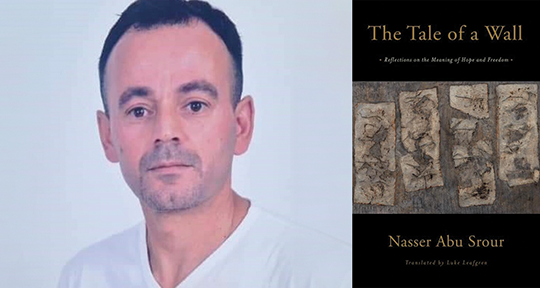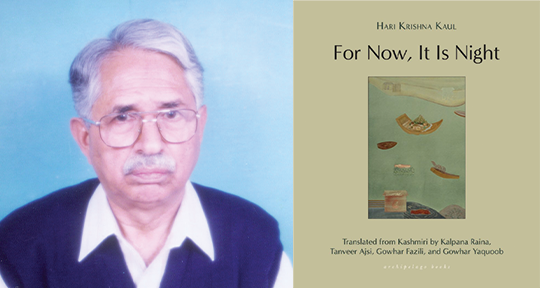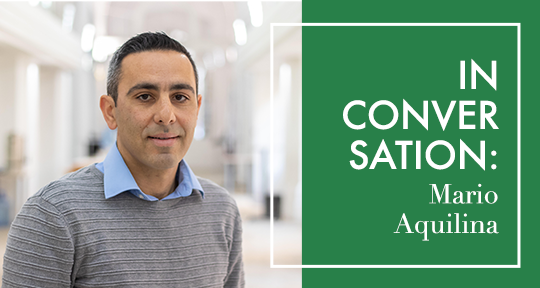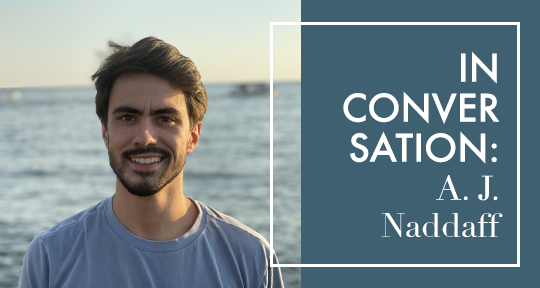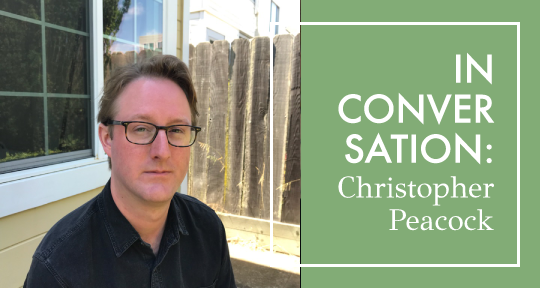In The Essay at the Limits: Poetics, Politics and Form (2021), Mario Aquilina, a Maltese literary historian and scholar, probes through the philosophies and ethos of the genre’s figureheads—from Montaigne and Francis Bacon to Samuel Johnson and Ralph Waldo Emerson—and considers the “paradox at the heart” of the essay: “the more resistant to genre an essay is, the more properly an essay it is.” The foundations of the ever-expansive, proliferating possibilities of the essay as a genre, form, and mode can be found in its pre-Montaignean roots from Azwinaki Tshipala of 315 CE South Africa, al-Jahiz of 8th-century southeastern Iraq, and Heian Japan’s Nikki bungaku (diary literature) comprising of court ladies Sei Shōnagon, Izumi Shikibu, Lady Sarashina, and others, to the Graeco-Roman philosophers Plutarch, Seneca the Younger, St Augustine of Hippo, and Marcus Aurelius.
In the contemporary era, this obscured historico-aesthetic timeline courses through the genre, from the New Journalism movement of the 60s (Gay Talese, Joan Didion, Truman Capote, Annie Dillard, Norman Mailer, Tom Wolfe) to ‘memoir craze’ of the 90s (David Sedaris, Mary Karr, Frank McCourt), from the British life-writing movement and its American counterpart, creative nonfiction, to its present-day extra-textual permutations: essay films, graphic memoir, the imagessay, and video essays. But what of this “memoirization of the essay” and “essayification of the memoir”—to quote from David Lazar? “If we think of the ‘I’ of the essayist as collaborative, then we understand that the essay does not have to be as narcissistic a genre as it has sometimes been presented. Its value—literary or communicative—not simply expressive,” writes Aquilina for The Edinburgh Companion to the Essay (2022).
In this interview, I spoke with Prof. Aquilina on, among other topics, the histories of the essay within and beyond the Western literary imaginary, his thoughts on Montaigne and Montaigne’s Euro-American stalwarts Georg Lukács, Theodor W. Adorno, Phillip Lopate, and John D’Agata, and the genre’s recalcitrant relationship with categorisation, alterity, and selfhoods.
Alton Melvar M Dapanas (AMMD): I would like to begin this interview with your opinion on John D’Agata’s The Lost Origins of the Essay (2009) which was part of his trailblazing yet contentious trilogy. D’Agata follows the essay to its genesis in ancient cultures of Sumer, Greece, Babylonia, South Africa, and China: miscellanies of Ziusudra, dialogues of Ennatum, self-interviews of Azwinaki Tshipala, and biographies of T’ao Ch’ien.
Mario Aquilina (MA): Editing an anthology is always a contentious act. Literary anthologies are political in the sense that they organise a body of knowledge in specific ways, bringing to our attention that which we might otherwise not see or something hiding from us that we should see. Anthologies establish or disrupt hierarchies of value and relevance, and they influence in decisive ways what is preserved and circulated as well as what is lost. Anthologising is inseparable from canonisation, archivisation, but also representation and social relations as shown in the well-known debate between Rita Dove and Helen Vendler in The New York Review of Books around The Penguin Anthology of Twentieth-Century American Poetry (2011).
John D’Agata’s The Lost Origins of the Essay (2009) is provocative in the sense that, unlike some other accounts of the history of the essay, it does not begin with Michel de Montaigne. It also casts its net beyond the Western Canon. It thus stretches both the temporality and geographical positioning of the story of the essay that we often tell ourselves. It forces us to consider the possibility that the essay is not necessarily a fundamentally modern form (Jacques Rancière calls Montaigne the ‘first modern man’) and not necessarily tied to the rise of humanism and a human-centred perception of the world. However, what is perhaps even more contentious for some is that, through this alternative history of the essay, D’Agata also makes an intervention in the present by shifting the parameters within which one might think of the essay as a genre. D’Agata’s instinct in this anthology is to open the genre, to find it in places and times in which we did not see it before. The consequence of this is that as readers we are fascinated by the extent of the potential of the essay but also possibly confused by being presented with a form that is so stretched that it almost starts to incorporate everything. I personally think that D’Agata’s book does important work and I consider it to be a valuable contribution to not only studies of the history of the essay but also to its theory.
READ MORE…

